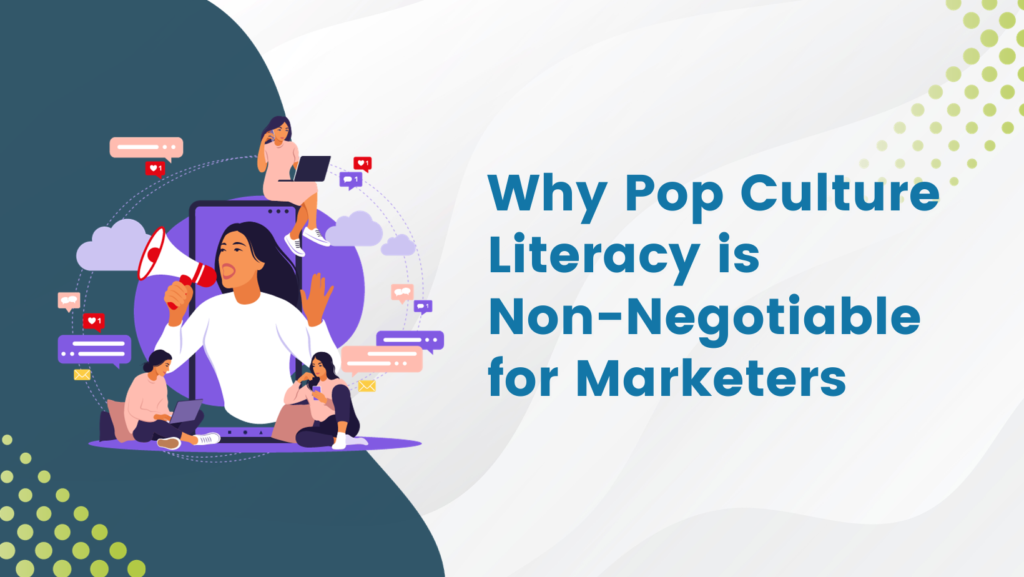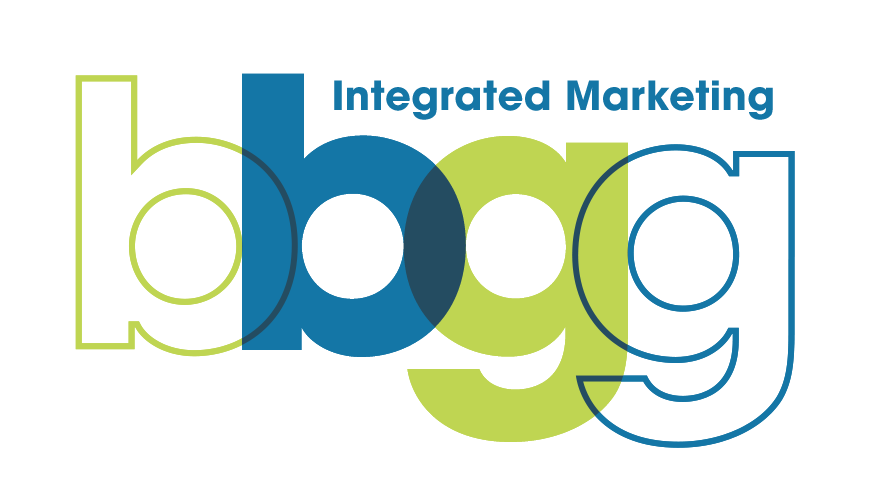Why Pop Culture Literacy is Non-Negotiable for Marketers

In today's digital era, individuals are inundated with a constant stream of content, and organizations are perpetually engaged in the battle for their audience's attention. For years, companies have leveraged popular culture trends to capture interest. However, as social media's influence continues to grow within the consumer landscape, an increasing number of these organizations are jumping on board.
The Pop Culture-Driven Marketing Landscape
The marketing industry is inherently dynamic, continuously evolving to adapt to changing trends and consumer behaviors. In today's digital age, marketers must remain vigilant, staying on top of every development in popular culture. Trends, content, and news have limited relevance, but when harnessed promptly, they can help your content into the spotlight. Modern consumers seek businesses that align with their interests and remain current with the latest news. Pop culture exerts a profound influence on consumerism, a trend that is set to persist in the digital era.
Taylor Swift
Following Taylor Swift's announcement of her Eras Tour, social media enthusiasts and companies swiftly adopted the catchphrase “In my X Era”. However, this isn’t the only Taylor Swift-related trend this year. Most notably, the NFL capitalized on Swift's association with Travis Kelce, the Kansas City Chiefs' tight end, across their social media platforms. During one of his recent games, the NFL even drew comparisons between his performance when Swift was present and when she was not. This dynamic has drawn significant attention, with viewers eagerly tuning in to games to witness her presence and observe the blossoming on-screen relationship.
An unexpected but clever example of companies embracing the Swiftie movement was after a dedicated fan account reported that she was savoring chicken tenders with ketchup and what they described as "seemingly ranch" dressing. Following this viral revelation, Heinz seized the opportunity to launch a novel product, aptly named "Ketchup and Seemingly Ranch." Their marketing campaign cleverly exclaimed, "It's a new era for Heinz," and featured images showcasing the beloved friendship bracelets that fans exchange at Taylor Swift's concerts.
Barbie
One of the most highly anticipated movie premieres of the year was undoubtedly "Barbie." Even before its official release, social media was buzzing with excitement, and various trends emerged surrounding the film. One of the most prominent trends was the "This Barbie is a…" meme, where users would take the movie posters featuring different Barbie characters and add their own personalized and humorous twists. Several companies even seized this trend as an opportunity to connect with their audience.
However, the most substantial way companies embraced the Barbie phenomenon was by wholeheartedly embracing the Barbiecore movement. Pink became the color of the year, and numerous businesses entered into collaborations with Mattel to produce Barbie-inspired products. Among the most notable collaborations were those with brands like Vans, Beis, NYX Cosmetics, Kitsch, and many others.
The Benefits of Pop Culture Fluency for Marketers
In today's ever-evolving marketing landscape, staying attuned to pop culture is not just a choice; it's a necessity. Marketers must constantly monitor the pulse of pop culture and consider how these trends can strike a chord with their audience. Some reasons why pop culture fluency is indispensable for marketers include:
- Abundant Content Source: Pop culture provides a readily available source of content for social media, websites, and various marketing campaigns. Leveraging pop culture can save time and effort in content creation.
- Diverse Audience Engagement: Pop culture resonates with a broad and diverse audience. By tapping into these trends, marketers can connect with a wider range of consumers, ensuring their message reaches various demographics.
- Demonstrates Relevance: Keeping up with pop culture demonstrates that your brand is not only current but also relevant. It conveys that you are in touch with the latest happenings, which can enhance your brand's credibility.
- Increased Reach and Engagement: Posting about currently trending topics often leads to improved reach and higher engagement rates. When your content aligns with what's currently popular, it's more likely to catch the audience's attention.
How to Stay Fluent in Pop Culture
To remain well-versed in pop culture, there are several effective strategies you can employ whether that is keeping an eye on the trending page on X, the Discover page on Instagram or even just scrolling through TikTok. These social media platforms are the epicenters where trends gain momentum and unfold in real-time. For marketers, specifically, social media managers who want to take time off these platforms, AdAge and other online news outlets can be great resources as well.
The Impact of Pop Culture on Marketing Strategies
Whether Marketers like it or not, pop culture can greatly influence trends and consumer habits. Not only can these trends be fun to join but they can garner a lot of attention for your business when done correctly and promptly.
Furthermore, even if marketers believe certain pop culture trends may not directly relate to their audience, it's still a valuable resource. Exploring these trends can inspire new and creative approaches to promoting products or services. In essence, there's no reason for marketers to remain out of touch with pop culture, as it not only connects you to the present but also provides a wellspring of inspiration for innovative marketing strategies.




